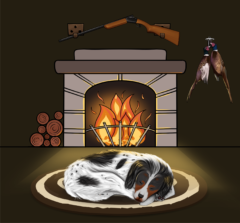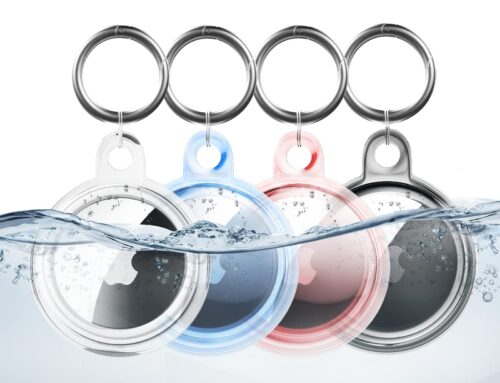Stages of Puppyhood (Part I)
Just as children go through various stages as they grow into adulthood (the “terrible twos” in the toddler stage, the “sassy sixes” of school age, and don’t even get me started on the teen years!), so do puppies. As they mature puppies go through developmental stages during which we see changes not just physically but also emotionally and mentally. Understanding these stages and how to help our puppies through them will help them grow into the confident, happy, strong dogs we want them to be.
Socialization Period (7-12 weeks)
At seven weeks of age puppies can not only learn but what they learn during this stage can have a lasting impact, both positive and negative. Everything a seven week old puppy comes in contact with will make a lasting impression as it never will again. His attention span may be short but he will learn: whether he is taught or not, he will learn! Thus we must be careful about what and how we teach our puppy during this time: he is anxious to learn to please you, and now is the time to help him understand what is expected of him in his new role as your companion.
During this initial time when your puppy first comes to live with you, you will begin to know and understand each other. There are rules you will expect your puppy to obey, and now is the time to help him understand and establish the desired behaviors. What he does now is what he will likely do do later, so don’t allow your puppy to do things that will be unacceptable when he is a full-grown dog. For your puppy, this is both an exciting and somewhat confusing time. There is a whole new world of things to learn and all sorts of new experiences to digest. Your puppy needs to learn how to interact with people and other animals. And you are the one responsible for laying a groundwork for a trusting, happy, mutually satisfying relationship.
Remember, dogs are social animals. To become well-adjusted companions, they need to interact with not just you but with other people and animals during the Socialization Period. Begin by taking him to new places where there are not many people or animals, letting him learn that new places can be fun. If there’s no children in your home try to arrange visits with little ones who know how to safely interact with animals. If you live alone it is even more important to introduce your dog to new people, especially members of the opposite sexton that he will be accustomed to and enjoy the attention of people other than yourself.
Fear Period (8-11 weeks)
A tricky part of your puppy’s critical socializing is that the fear imprint period takes place at the same time as the socialization period. During this period experiences that might otherwise be easily accepted by your puppy may cause fear, and traumatic, painful or frightening experiences will have a more lasting impact than if they occurred at another time. During this time an unpleasant trip to the veterinarian, or a long and stressful car ride, for example, may result in him being forever apprehensive about vet visits or frightened of cars. But vet visits and car rides still have to be made, so how to do so without causing damage to your puppy’s psyche? The answer is to make every stressful experience as simple and pleasant as possible. Going to the vet’s office? Bring high-quality treats and maybe even a toy to keep him engaged in enjoyable activities. Have the vet’s staff join in the fun, asking them to offer treats and play with him before, during and after any necessary poking and prodding. Frequent short car rides with stops for short, enjoyable walks or playtime can help him be not only comfortable but actually enjoy going in the car.
While it is important that your puppy experience positive exposure during this time, it is critical that he not be pushed beyond his comfort level. If he is nervous about a person or situation, calmly reassure him that it’s okay but don’t offer effusive praise (which in a puppy’s mind translates to “being fearful is what is desired”) nor force him to engage with whatever is scaring him. Calm reassurance and offering a mild diversion (“sit” for a treat if he knows the command, etc.) are the best methods of letting your pup know it’s all okay.
Seniority Classification Period (12-16 weeks)
Between the ages of 12-16 weeks your puppy will begin to act like a bit of a teenager, testing to see how the pack leader is going to be. Challenges to your authority may come in the way of ignoring commands that he has learned, biting, grabbing at the leash, etc. Of course it is important to continue to play with your puppy during this period, but you must make it clear that mouthing/biting of people is not allowed. It is best to play in ways that do not escalate to roughness: if you can’t keep your pup from getting over excited, change up the game so that he still has fun but it doesn’t lead to biting behavior. It is during this stage that serious training should begin. Training helps to establish your leadership in a manner that your puppy will understand and appreciate, and will lead to a partnership that will be rewarding for both of you.






Leave A Comment